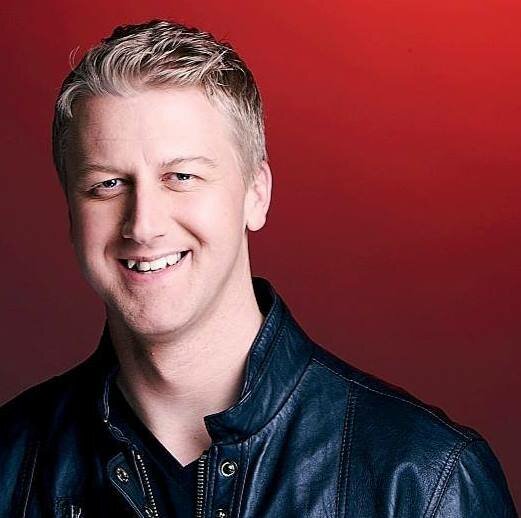
Image courtesy of Gareth Cliff on Facebook
Online broadcasting allows for more substance than traditional radio, according to South African radio personality and CliffCentral founder Gareth Cliff.
HumanIPO reported last month Cliff had launched an “unradio” platform – radio everywhere except for on the radio – that launched on mobile platform WeChat, the internet and DStv.
Subsequently, the programme has been pulled from DStv’s Comedy Central Africa, with the channel attributing the termination due to lack of viewership.
“I’m not interested in shocking anyone – we just want to give people a valuable listening and viewing experience. There’s a lot of content – entertainment, intelligence, inspiration and empowerment. It’s so much more than playing eight songs an hour,” Cliff told HumanIPO.
He said his move online has allowed him to circumvent the self-imposed rules inherent to the radio broadcasting industry.
“We don’t have to worry about all the things that make it so hard to deliver to the audience in traditional radio and TV. All we care about, is the audience’s own wishes, and the needs of our sponsors – in that order,” he said.
While Cliff says commercial radio did not hinder him, the processes became tedious.
“We had to do a give-away every day; we had to play a bunch of one-minute long SABC promos; we had to do very dry commercial messaging because it was logged and scripted and sold by people who didn’t put the audience first,” he said.
Cliff believes streaming radio will become more popular than traditional FM radio because of the growing data coverage in the country.
“Data costs are going to come down, the internet is more reliable than an FM signal in most of the country, and radio is trapped by it’s own success, unable to take the next step,” he said.
“We will offer listeners something they can’t get anywhere else, and we’re confident that we will also find ways to deliver it that cost next to nothing. We’ve already started that with deals like the WeChat/MTN/CliffCentral internet service package.”
Additional reporting by Tom Jackson.

















